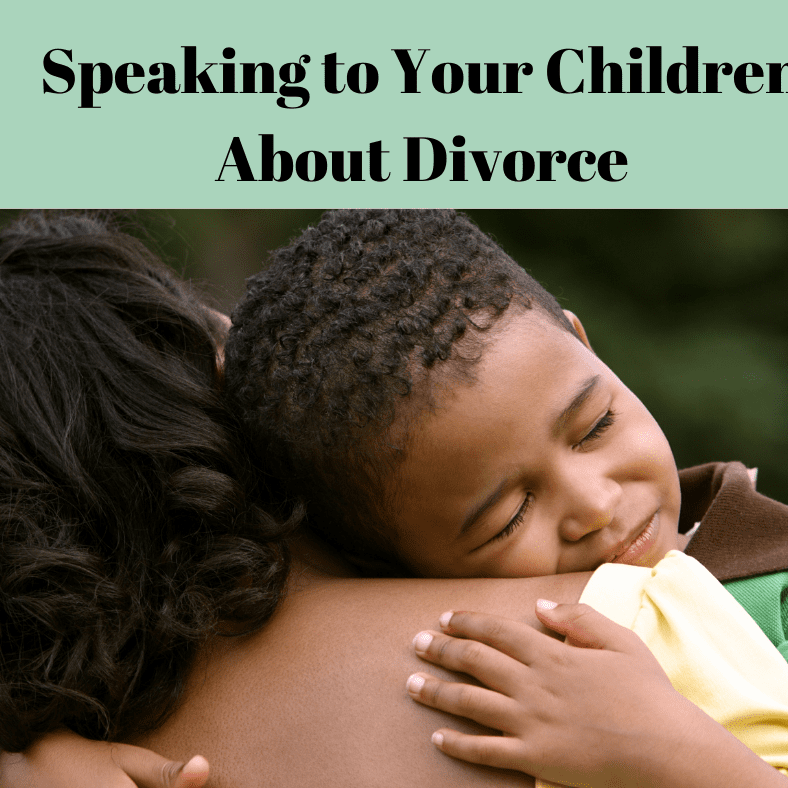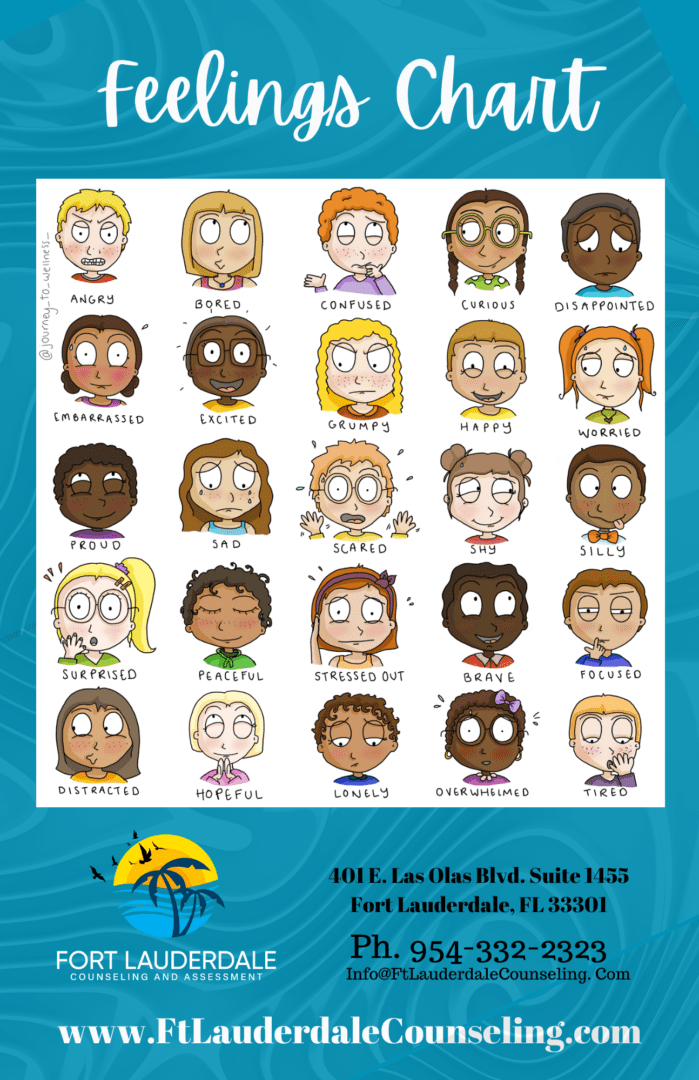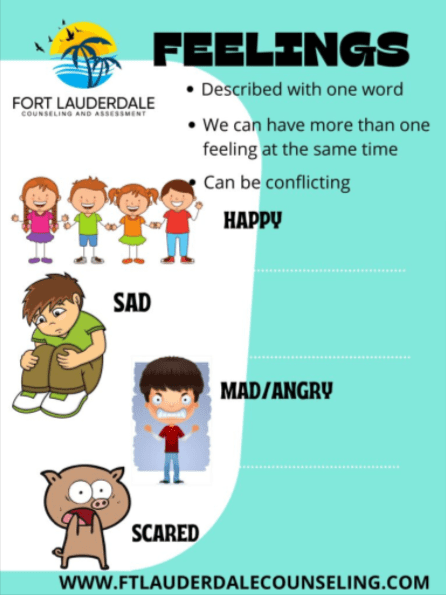Discussing your decision to separate/divorce with your children can be one of the most difficult conversations to ever have. During a time of great guilt and conflicting emotions it can be incredibly difficult to find the right way to tell your children.
A general suggestion for parents is to be thoughtful and compassionate when speaking to your children about your decision to divorce. Provide them with plenty of reassurance, additional quality time, hugs, and attention.
Here are some additional tips for speaking to your children about divorce:
BE ON THE SAME PAGE
Hearing from both parents shows dedication, unity, creates less confusion, and decreases the need for a child to choose sides.
(Examples: "Both mom and dad decided," "We both aren't happy together," "We want tension to end," “Your mom and I feel that this will be the best for our family).
DO NOT BLAME
Blame results in resentment, children feeling like they need to choose sides, and a need for loyalty or betrayal.
*The harsh truth is less important than reassurance, support, and unity.
*It's an "adult decision"
DEFINE "SEPARATION" and/or "DIVORCE"
Explaining the meaning of separation and/or divorce in an age-appropriate manner provides predictability and clarification.
Ex. Time apart, a break, living separately, who will move out.
PROVIDE CONSISTENCY AND PREDICTABILITY
Children are incredibly resilient and thrive with consistency and predictability in many aspects of development. Describing the things that will stay the same, as well as the things that will change can provide predictability and decrease anxiety. Children need to know how the changes will affect them.
Changes may include: living situation, schools, and activities.
Some things that may stay the same include: Love from both of parents, who will care for the (meals etc.), school, friends, activities.
PROMISES
Don't make promises about unknown, it’s ok not to know.
VALIDATE A CHILD’S CONCERNS AND FEELINGS
By recognizing and validating a child’s feelings and concerns you send the message that their feelings matter, are heard, understood, and accepted. It also invites children to continue to share.
Ex. “I can understand why you’re mad,” “I know you’re sad” “I’m get why you’re scared”
PLAN A FOLLOW UP
Check in with children a little later. Give the kids time to process information and schedule a follow up talk to answer questions, address concerns or simply share feelings. Again, predictability is key.

Free Downloads
Read More Like This
Family Therapy
By: Dr. Richard Taborga Psy.D. My dear mother once told me that “children don’t come with a set of instructions; we do the best we can to raise them.” She was incredibly right! Parents do the best they can to raise their children, frequently with the parenting skills that were modelled to them by their…
Read MoreChildren and ADHD
Attention Deficit Hyperactivity Disorder (ADHD) is characterized by a persistent pattern of inattention and/or hyperactivity-impulsivity that interferes with functioning or development. According to the American Psychiatric Association (APA) and Centers for Disease Control and Prevention (CDC), 5-11% of American children between the ages of 4-to-17 are diagnosed with ADHD. For many parents and teachers, poor…
Read MorePositive Parenting
Catch them doing something right and praise them for it! It’s a simple idea, but there’s a lot to it when it comes to parenting. Frequently, parents notice when children are misbehaving and use punishment to change behaviors. The problem with consistent use of punishment is that compliance is temporary. Once the fear of punishment…
Read More






